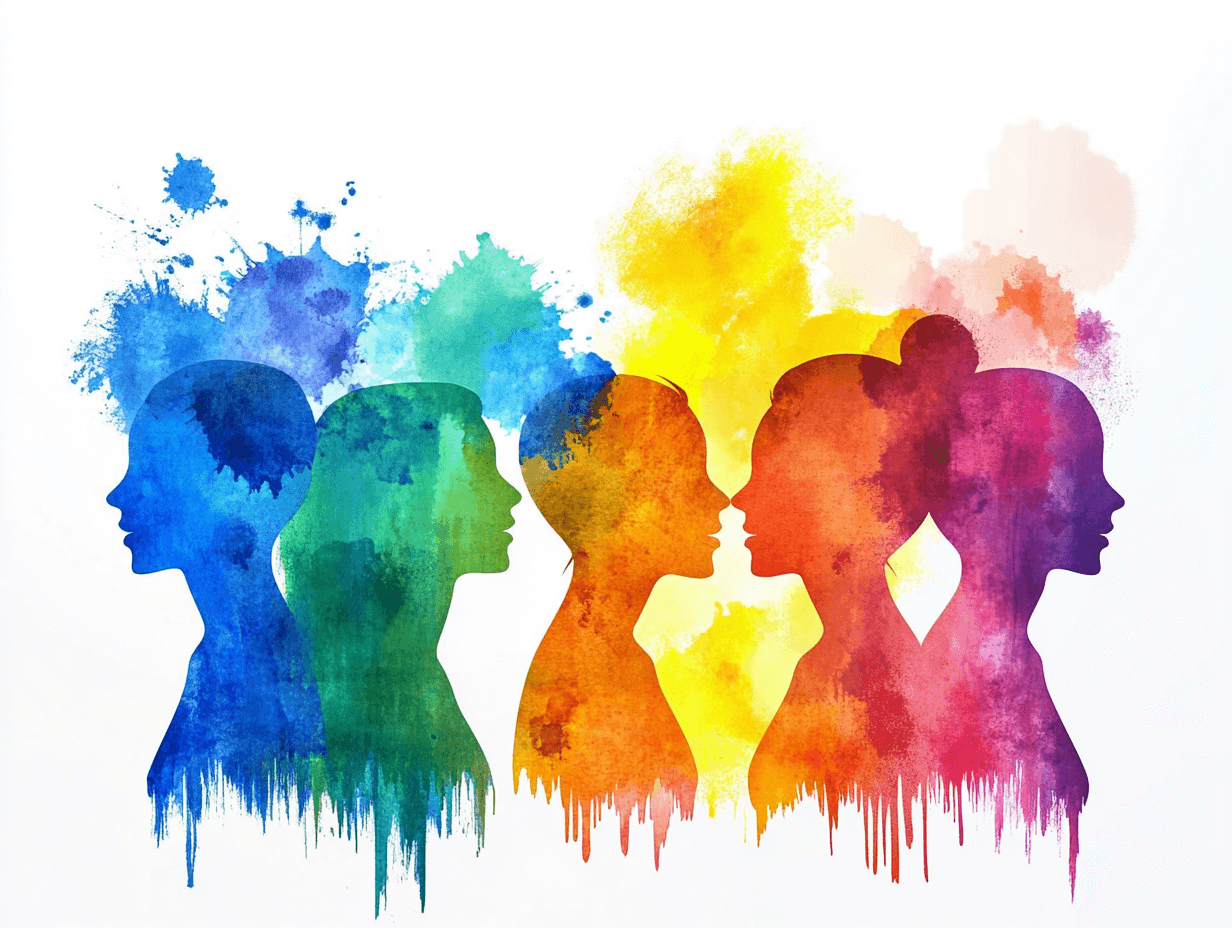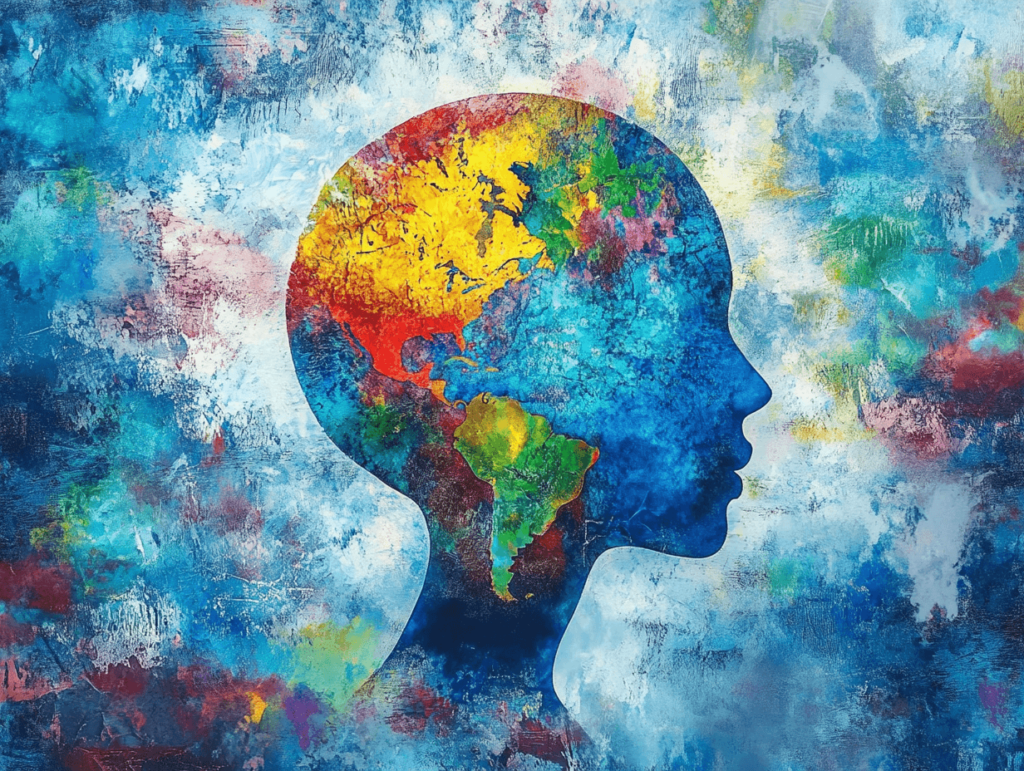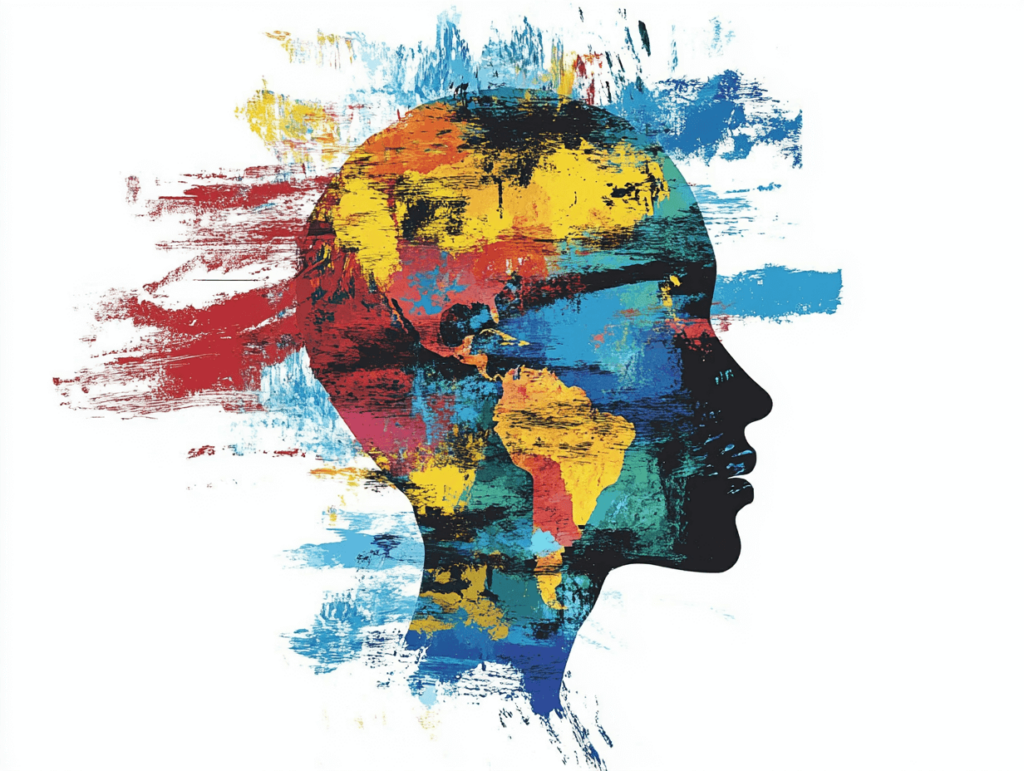Adapting to Change: The Impact of Global Events on Mental Health and Education

For educators and caregivers, the challenge is two fold.

Educators and caregivers often find themselves adapting to new rules that impact everything from curriculum to healthcare access. These changes can be stressful not just for the professionals navigating them, but for the individuals they serve. When policies create uncertainty around issues like financial aid, healthcare coverage, or community resources, anxiety levels rise. Students may struggle to focus in school. Patients may feel uneasy about their future care. Without intervention, this kind of stress compounds over time, leading to disengagement, behavioral challenges, and burnout.
Global conflicts and crises create another layer of emotional strain.

Even when people are not directly involved in these events, constant exposure through media can lead to feelings of helplessness, fear, and anxiety. Young learners in particular struggle with processing distressing news. They may not have the words to express their worries, but their behavior reflects their emotional state. Some may act out in frustration, while others become withdrawn. Educators and mental health professionals must recognize these signs and provide the right support. That means more than just acknowledging the impact of world events; it means actively helping individuals regulate their emotions, process uncertainty, and develop resilience.
MindSet’s training programs focus on these very skills.

To learn more about how MindSet’s programs can support your organization in building emotional resilience, visit MindSet’s website or explore available training options. Change may be inevitable, but with the right support, individuals and institutions can navigate it with strength and stability.
